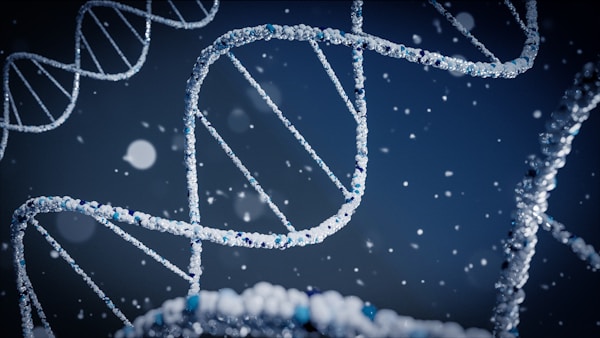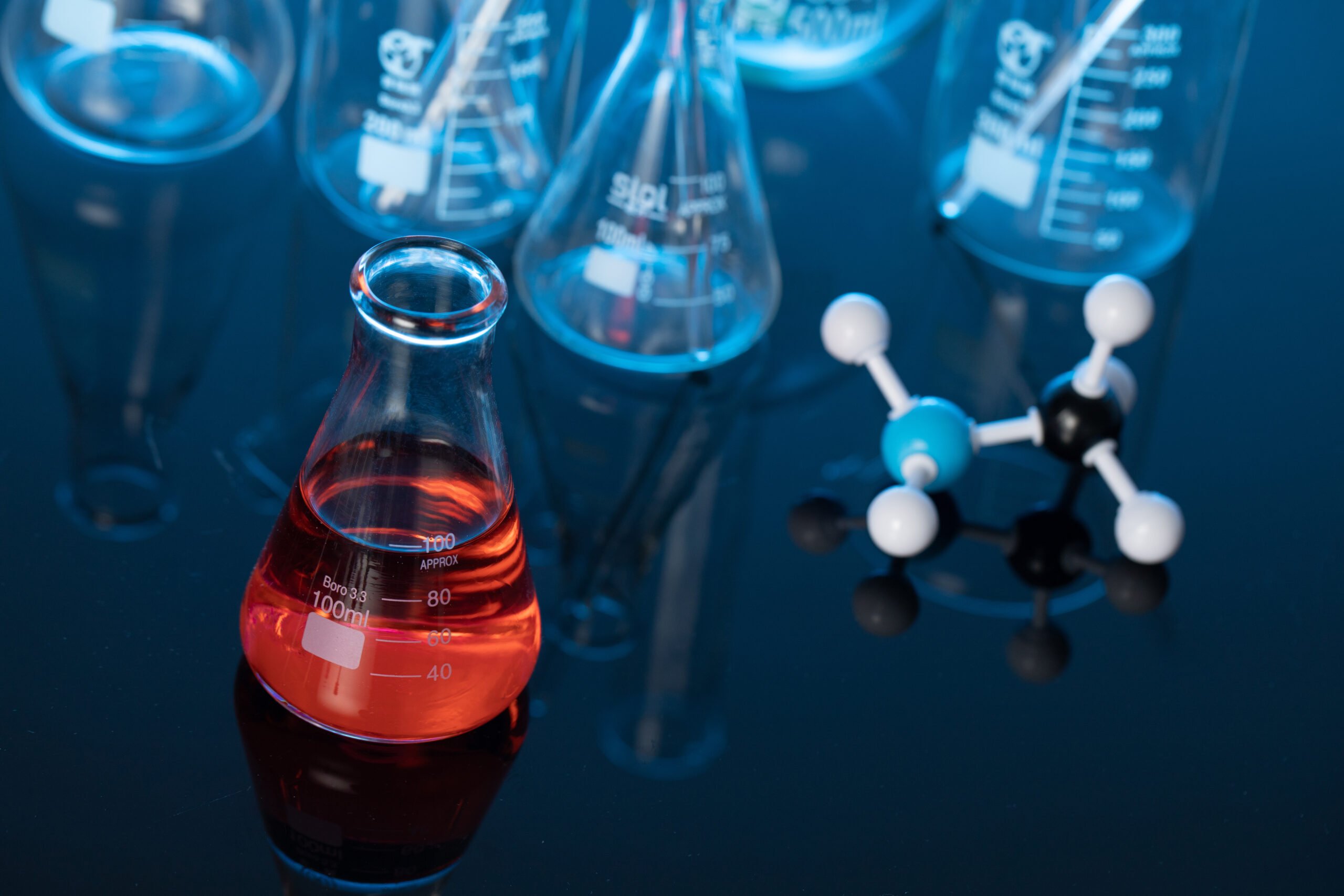As we learn more about the human body and how cellular functions impact our health, researchers have turned their attention to a molecule called nicotinamide adenine dinucleotide (NAD). NAD has been found to play a crucial role in various biological processes, contributing to better health and potentially even anti-aging effects. In this article, we will explore the benefits of NAD and how it can positively impact your well-being. So, let’s dive in and discover what NAD has to offer.
Role in Cellular Energy Production

Nicotinamide adenine dinucleotide is an essential coenzyme found in all living cells. It is required for a multitude of essential metabolic reactions, including the conversion of nutrients into energy, which is required for daily physiological functions.
NAD is a vital part of the cellular energy production process, which provides our cells with the energy needed to sustain life. Cellular energy is derived from the food we eat, and through a series of complex chemical reactions, our body produces a molecule called ATP (adenosine triphosphate). NAD plays a crucial role in this process by transferring electrons between different molecules, thereby generating energy.
By ensuring our body has a sufficient supply of NAD, we can support our cells’ continuous energy production, thereby promoting optimal health and protecting against certain conditions like metabolic and chronic exhaustion.
Anti-Aging Effects
Over time, our bodies begin to decline due to aging, leading to reduced cellular function and efficiency. However, recent studies have shown that nicotinamide adenine dinucleotide, also known as NAD, has potential anti-aging effects.
NAD levels naturally decrease with age, which may lead to a decline in energy production and the onset of age-related diseases. Some studies of NAD supplementation in mice have revealed remarkable results, including improved mitochondrial function and protection against metabolic disorders such as obesity and Alzheimer’s disease. While more studies still need to be conducted, particularly in humans, these initial findings are promising.
By maintaining optimal NAD levels, we could potentially delay the aging process and protect ourselves from several age-related diseases, paving the way for a healthier and more vibrant life.
Promotion of DNA Repair

The quality of DNA is vital for our health, as it is the blueprint for cellular functions. Damage to DNA can lead to various forms of the disease, such as cancer or accelerated aging. In recent years, it has been discovered that NAD plays an essential role in supporting the repair of damaged DNA.
NAD is a cofactor for certain enzymes that work to repair DNA damage, ensuring its integrity is maintained. Specifically, NAD activates a group of proteins called sirtuins, which have been shown to facilitate DNA repair and help maintain cellular health. This promotes proper cellular function, preventing genetic mutations and promoting overall health and vitality.
By prioritizing the maintenance of optimal NAD levels, we can support the DNA repair process and protect bodies from various health complications associated with DNA damage.
Reduction of Inflammation
Inflammation within the body is a natural response to injury or infection; however, when it becomes chronic, this can lead to various diseases and health complications. Research has shown that NAD may help reduce inflammation, thereby supporting overall health.
Adequate NAD levels have been found to modulate the immune system and mediate inflammatory responses by activating sirtuins. These proteins can inhibit the production of pro-inflammatory molecules, reduce cellular stress, and control inflammatory responses within the body, effectively reducing inflammation.
By maintaining optimal NAD levels and reducing inflammation, we can protect ourselves from a variety of conditions linked to chronic inflammation, such as heart disease, diabetes, and autoimmune disorders.
Altogether, the health benefits of nicotinamide adenine dinucleotide are vast, ranging from supporting cellular energy production to promoting DNA repair. Overall, it appears that maintaining optimal NAD levels can be a crucial factor in promoting overall health and well-being, potentially even offering anti-aging effects.











